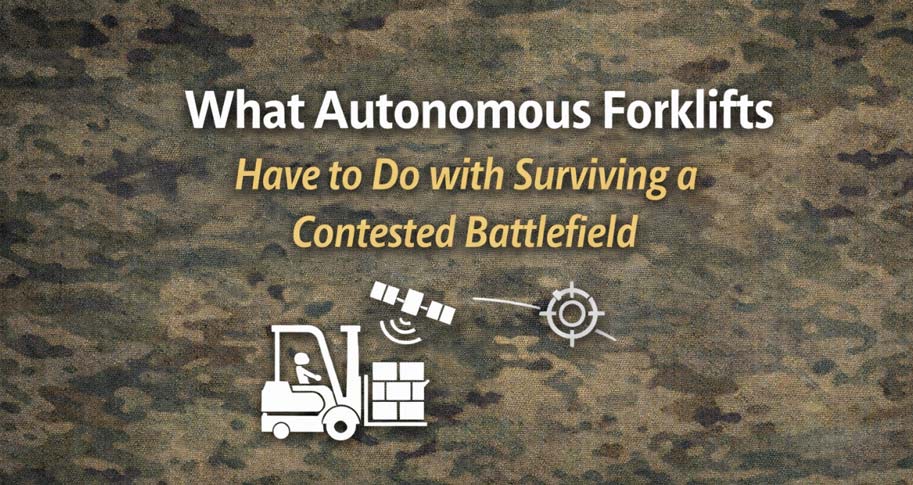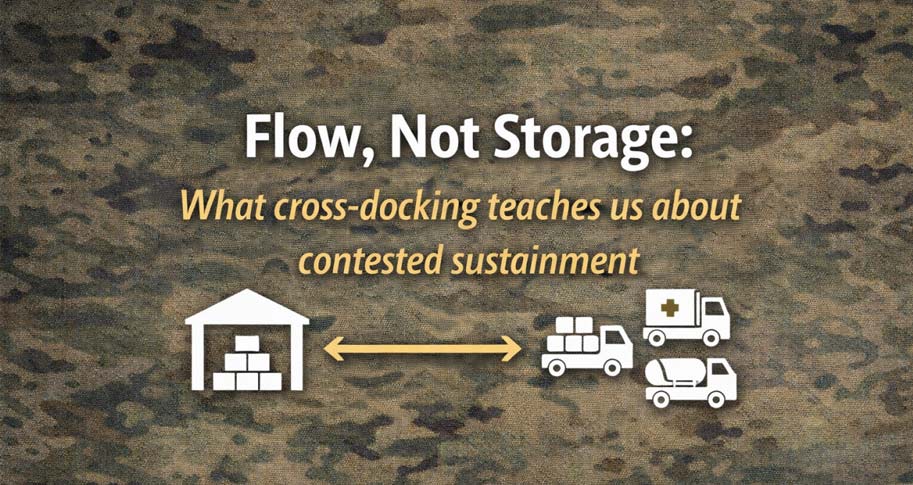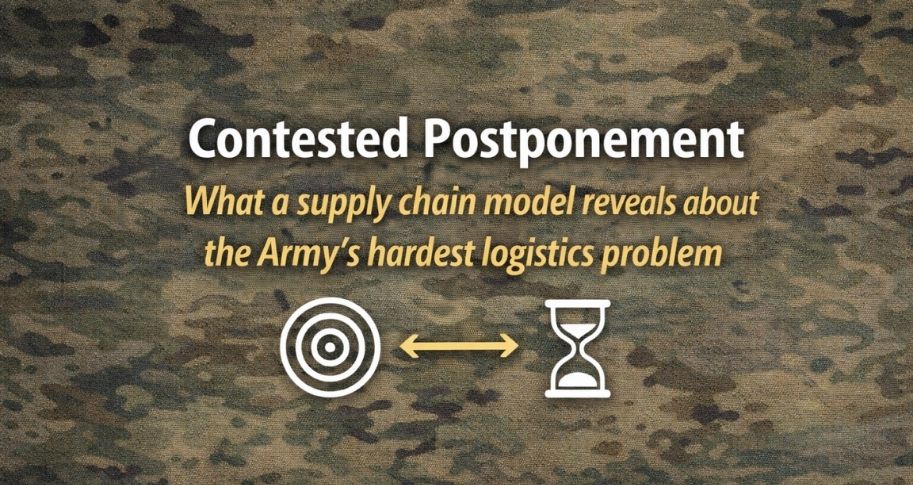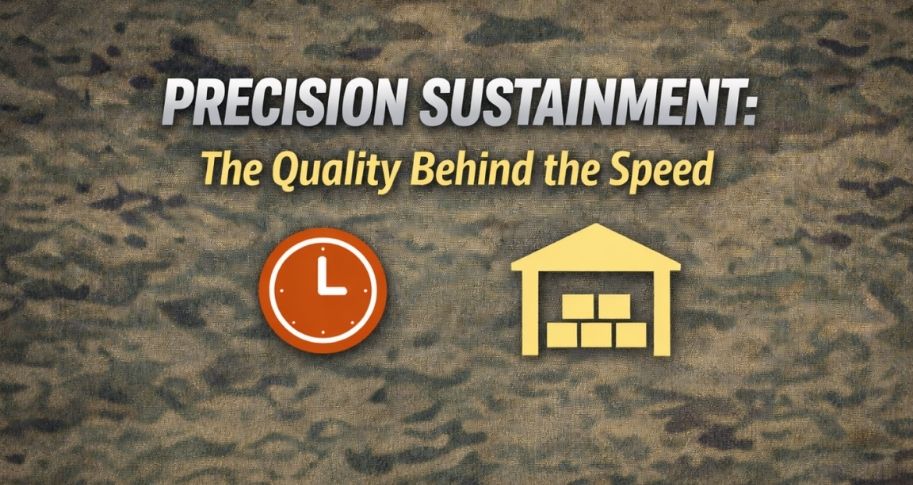
Ask an economist about scalping and they may say it is a relatively harmless practice that helps balance supply and demand; scalpers thrive when products are undersupplied, underpriced, or both.
Ask the average consumer what they think about scalping and you will probably get a less evenhanded response. Consumer disdain for scalpers — and the software programs (bots) they use to automate their purchases — is such that retailers have little choice but to put up a fight, lest they alienate customers who just want to buy one pair of sneakers or one video game console for personal use.
But while it is important for retailers to do something about bots, it is not clear that it is a fight they can win. Or one they are especially incentivized to win.
Mixed Results So Far
The $79 billion global sneaker market is, in many ways, the frontline in the war on scalping bots. While bots are responsible for 18% of all e-commerce site traffic, they make up nearly 100% of traffic for some shoe releases. Limited releases routinely go for hundreds of dollars over MSRP on the resale market. In some cases, scalpers net thousands for a single pair.
Sneaker botting experienced something of a golden age in the early 2010s, when anti-bot measures were rare and rudimentary. That changed in 2015, when Nike launched its SNKRS app and implemented a raffle system for high demand releases. Raffles do not reward bots’ inhuman response times the way previous “first-come, first-served” releases did, and they also provide several minutes for retailers’ anti-bot systems to weed out suspicious raffle entries.
Nike’s switch to a raffle system thwarted the bots for a while. But bot developers and scalpers eventually adapted, as they did when other sneaker sites copied Nike’s raffle approach. And as they have done every time retailers have implemented new anti-bot measures such as IP address monitoring, CAPTCHA, and tools that track shoppers’ keystrokes and mouse movements.
That is not to say that retailers’ anti-bot measures have been fruitless. At the very least, botting’s learning curve and barrier to entry are much more daunting than they once were. Today, anyone who thinks that spending a few hundred dollars on a bot is enough to launch a lucrative career as a sneaker reseller is sorely mistaken. Successful botters may spend thousands of dollars each month on multiple bots, servers, proxies, premade retail site accounts, credit card profiles, email addresses, and CAPTCHA solving services, while also following the latest news on which bots are performing best on particular sites and adjusting accordingly.
While retailers’ attempts to stop bots have frustrated many who dabbled in botting, it is not clear that they have reduced the number of bot purchases. It is possible that they are only channeling products into the hands of sophisticated botters. It is also uncertain how much more retailers can (or will) escalate the fight.
Limited Incentives for Retailers
As anti-bot measures become more complex and bot developers adapt by making it harder to tell bots from human shoppers, retailers who pour resources into stopping the bots risk alienating customers. Walmart’s December 2020 announcement that, in one 30 minute span, it had stopped 20 million automated attempts to buy PlayStation 5s likely garnered goodwill from frustrated holiday shoppers — but some of that goodwill was later lost when its system wrongly flagged many console purchases as scalping attempts and canceled them. Relatedly, sneaker botters report instances when retailers surprised them with new anti-bot measures for big releases, only to reverse them minutes later when it became apparent that they were also preventing “legitimate” purchases.
While Nike’s anti-bot system simply notifies suspected bot users that they did not win the raffle, thereby keeping botters guessing about whether they were found out, there is no way to know how many customers have been wrongly identified as bots and gone away both empty-handed and frustrated. Anti-bot systems can mistakenly flag humans for things like eagerly refreshing an item’s web page as they wait for it to "go live," living in an apartment complex where a suspected botter has a similar address, or trying to buy a highly anticipated product with a new account.
It is hard to fault retailers if they do not go full throttle in fighting the bots since they make money regardless of who purchases a product. Selling to scalpers may even be more lucrative in some cases. For example, while it is still difficult to buy Xbox Series X and PlayStation 5 consoles at MSRP some 20 months after they were released, they are readily available if you are willing to pay hundreds over retail to third-party sellers on various ecommerce sites. When a retailer sells a product to a scalper who then lists it on the retailer’s site, the retailer profits from both the original sale and third-party seller fees.
Though videogame console manufacturers are currently hamstrung by the global semiconductor shortage, shoe companies could beat the bots by simply increasing production of releases that are likely to generate high demand. Doing so would diminish scalping’s profitability — but it could also drive away the very “sneakerheads” who obsess over their products. That obsession is driven, in part, by certain shoes’ scarcity. Shoe retailers may also believe they benefit from “anchoring” when scalpers snatch up limited releases. When customers know that certain sneakers sell for hundreds over MSRP on the secondary market, paying $125 for a mass market release feels like a bargain.
A Congressional Solution?
Given retailers’ limited incentives to wholeheartedly engage botters in what may prove to be an endless game of cat and mouse that hurts firms’ bottom line, it is tempting to believe that policymakers should intervene. And indeed they may. In 2018 and 2021, Congress considered outlawing retail bots. The issue will likely come up again and may become law sooner rather than later. But then comes the problem of enforcing such a law.
When Congress banned ticket scalping bots in 2016, it certainly became harder for newcomers to learn how to bot tickets. Aspiring ticket scalpers cannot turn to Reddit to learn the basics of botting tickets the way would-be sneaker resellers can learn about botting shoes, for instance. But those who are willing to dig a bit deeper can still earn a comfortable living botting and reselling tickets.
The Federal Trade Commision recently enforced the 2016 BOTS Act for the first time as three New York ticket brokers agreed to a $3.7 million settlement. But it is not clear that the threat of lofty fines has reduced the number of botted tickets. Or that similar legislation targeting retail bots would do anything more than increase the market share of resellers who are willing to take a risk.







